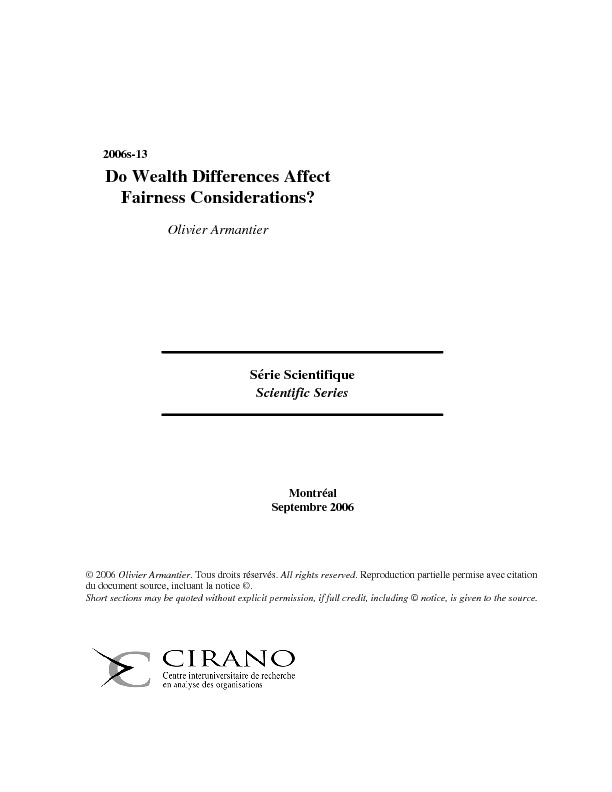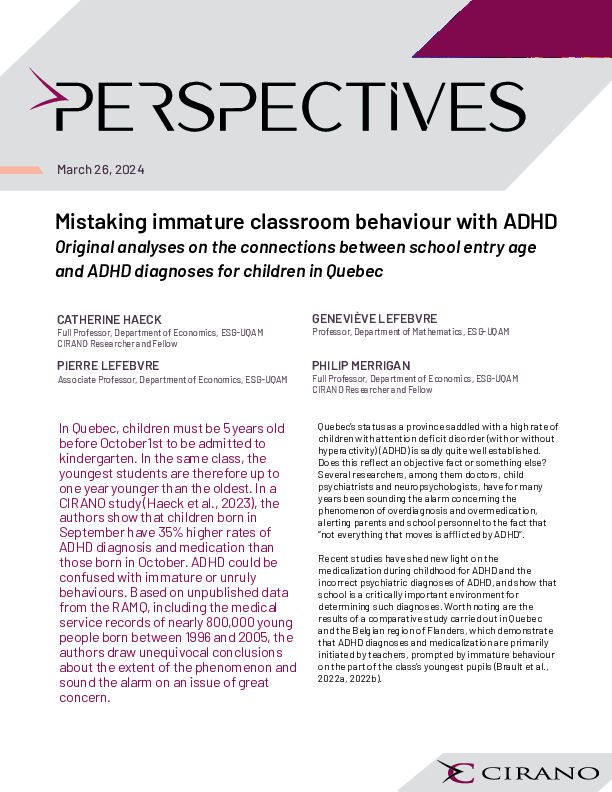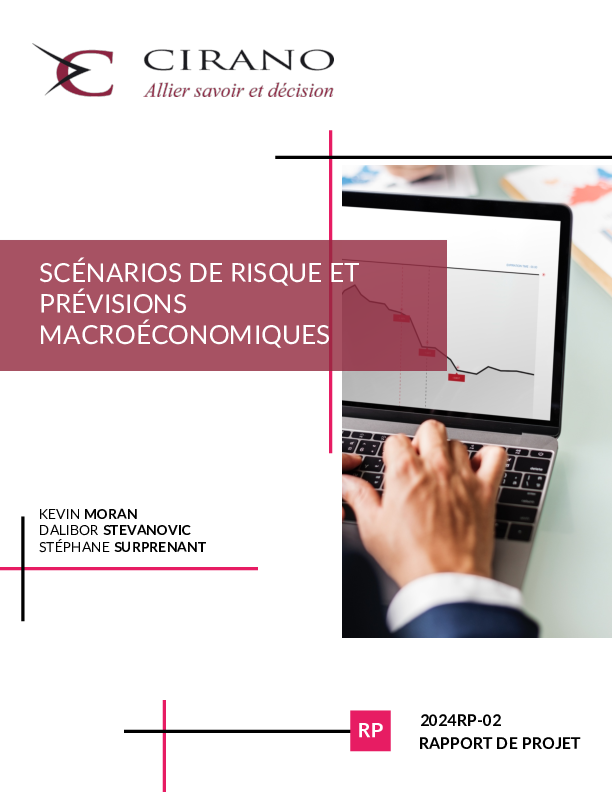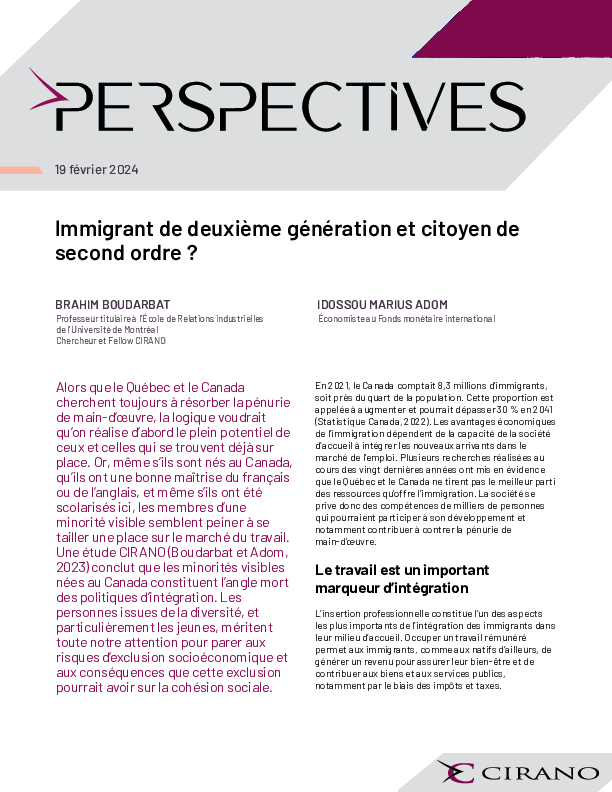Do Wealth Differences Affect Fairness Considerations?
The influence of relative wealth on fairness considerations is analyzed in an ultimatum game experiment in which participants receive large and widely unequal initial endowments. Subjects initially demonstrate a concern for fairness. With time however, behavior becomes at odds with both subgame perfection and fairness. Evidence of learning is detected for both proposers and receivers in the estimation of a structural reinforcement learning model. The estimation results suggest that, guided by foregone best responses and an acquired sense of deservingness, rich subjects become more selfish, while poor subjects, influenced only by their own experience, learn to tolerate this behavior.
[ - ]




